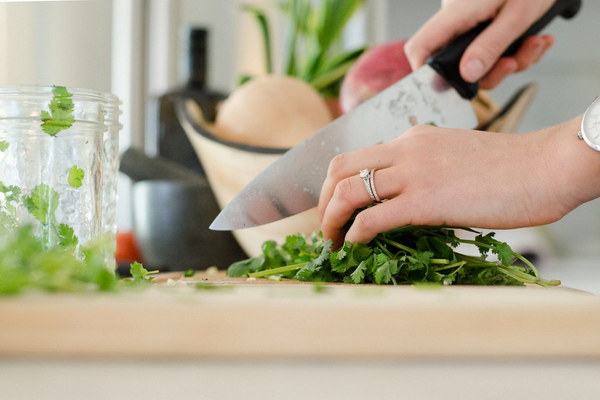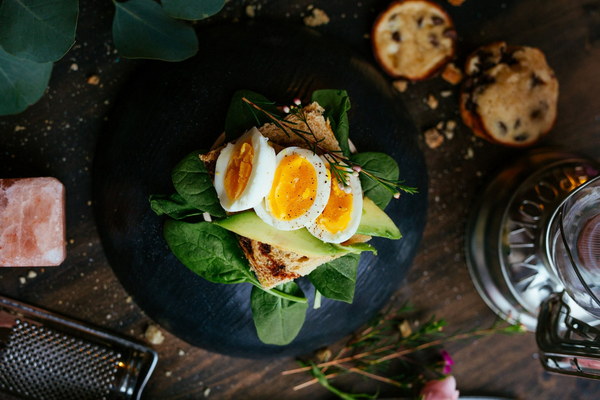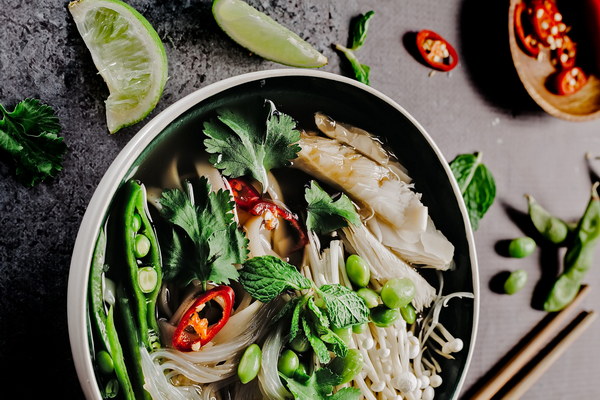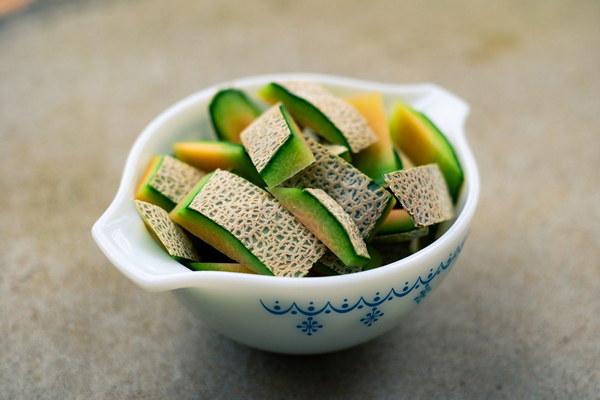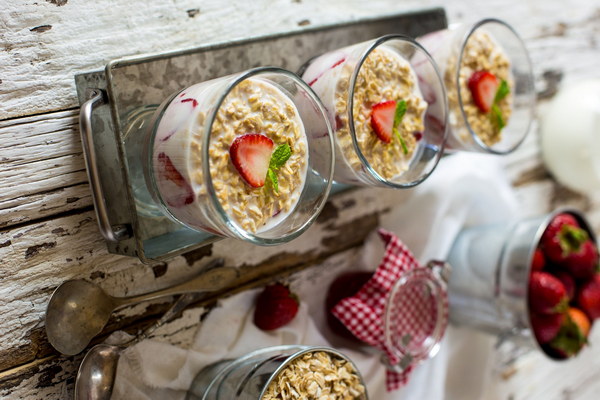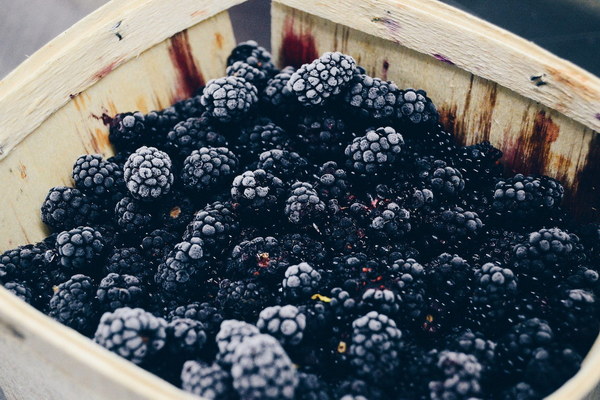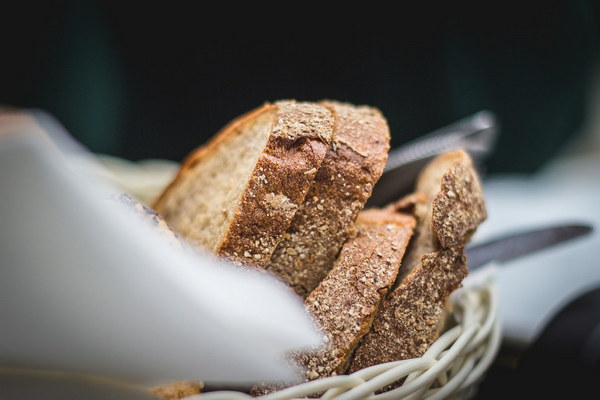Natural Tea Remedies for Hypertension A Guide to Nourishing Elixirs for Heart Health
Natural Tea Remedies for Hypertension: A Guide to Nourishing Elixirs for Heart Health
High blood pressure, or hypertension, is a prevalent condition that affects millions of people worldwide. It's often referred to as the silent killer because it can lead to serious health complications without noticeable symptoms. While medication is a common treatment, natural remedies, such as herbal teas, can also play a significant role in managing hypertension. This article explores the benefits of various tea remedies and how they can contribute to heart health.
Understanding Hypertension
Hypertension is defined as a blood pressure reading of 130/80 mmHg or higher. It's a chronic condition that can lead to heart disease, stroke, and other complications. The causes of hypertension are multifactorial, including genetics, lifestyle, and diet. Maintaining a healthy blood pressure is crucial for overall well-being, and one way to do this is by incorporating certain teas into your daily routine.
Tea Remedies for Hypertension
1. Hibiscus Tea
Hibiscus tea is a popular choice for hypertension management due to its high content of anthocyanins, which have been shown to lower blood pressure. Studies have found that drinking hibiscus tea can lead to a reduction in systolic and diastolic blood pressure. This herbal tea is not only delicious but also packed with vitamin C and antioxidants.
2. Green Tea
Green tea is rich in flavonoids and antioxidants, particularly epigallocatechin gallate (EGCG), which have been linked to blood pressure reduction. Regular consumption of green tea has been associated with a decrease in blood pressure, particularly in those with prehypertension or stage 1 hypertension. Green tea is also known for its cardiovascular benefits, including improved cholesterol levels.
3. Ginger Tea
Ginger has been used for centuries in traditional medicine to treat various ailments, including hypertension. It contains gingerol, which has anti-inflammatory properties and can help lower blood pressure. Adding fresh ginger to your tea or consuming ginger tea can be a simple way to incorporate this potent herb into your diet.
4. Cinnamon Tea
Cinnamon is another spice with potential hypertension-lowering effects. It contains cinnamaldehyde, which may help relax the arteries and improve blood flow. Cinnamon tea, when consumed regularly, can contribute to a modest decrease in blood pressure. It's also a flavorful addition to any tea blend.
5. Passionflower Tea
Passionflower tea has a calming effect on the nervous system, which can be beneficial for those with hypertension caused by stress. It's thought to help regulate blood pressure by acting on the central nervous system. While research on passionflower's effectiveness for hypertension is limited, it's a safe and natural option for stress management.
How to Incorporate Tea Remedies into Your Daily Routine
To effectively use tea remedies for hypertension, consider the following tips:
- Consistency is Key: Regular consumption is crucial for reaping the benefits of these teas. Aim to drink at least one cup of your chosen tea daily.
- Quality Matters: Use high-quality loose-leaf tea for the best flavor and health benefits.

- Avoid Added Sugars: Many prepackaged teas contain added sugars, which can negate the health benefits. Opt for unsweetened or naturally sweetened varieties.
- Pair with Lifestyle Changes: While teas can be a helpful addition to hypertension management, they should be combined with a healthy diet, regular exercise, and stress reduction techniques for optimal results.
- Consult with a Healthcare Professional: Before making significant changes to your diet or treatment plan, consult with a healthcare professional to ensure that the teas you choose are safe for your specific health conditions.
In conclusion, herbal teas can be a valuable part of a comprehensive approach to managing hypertension. By incorporating these natural remedies into your daily routine, you can support your heart health and potentially lower your blood pressure. Remember, while tea can be a helpful tool, it should be used in conjunction with other healthy lifestyle choices for the best results.
